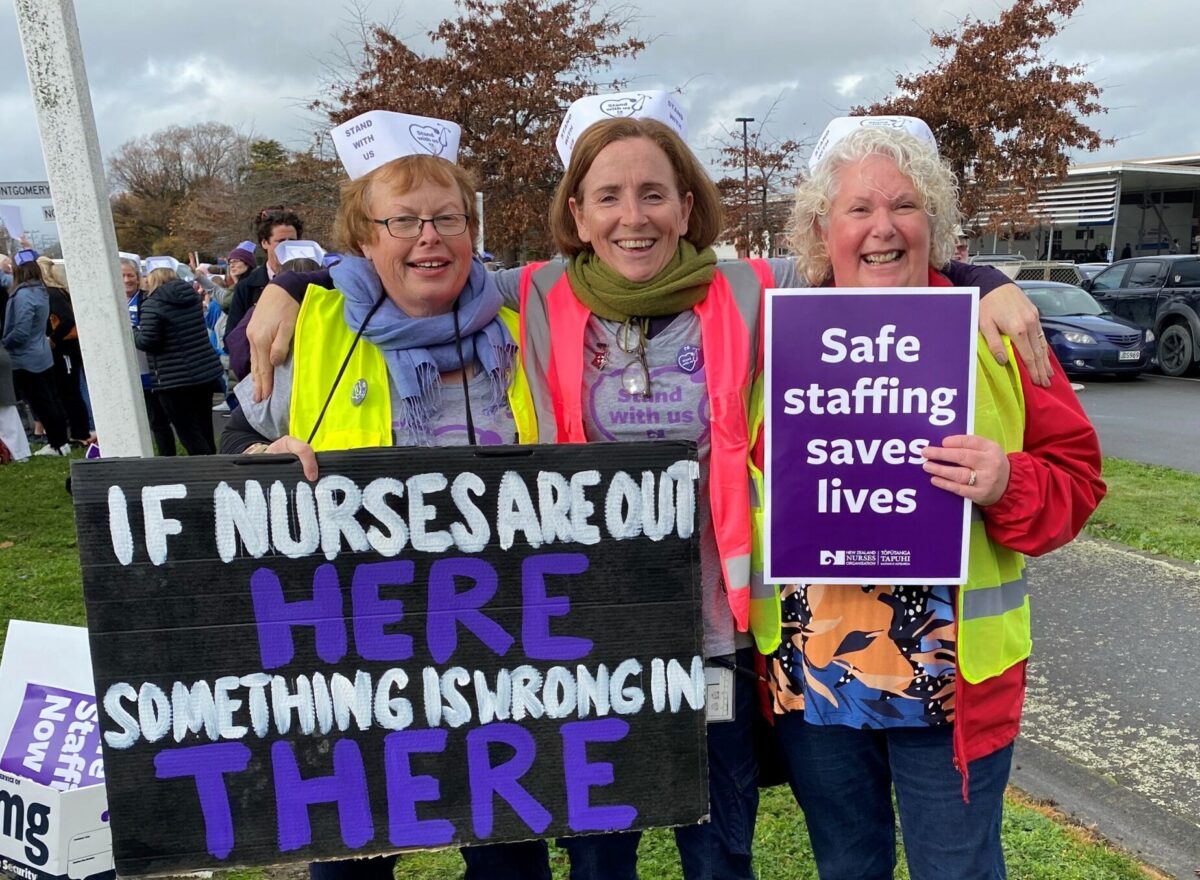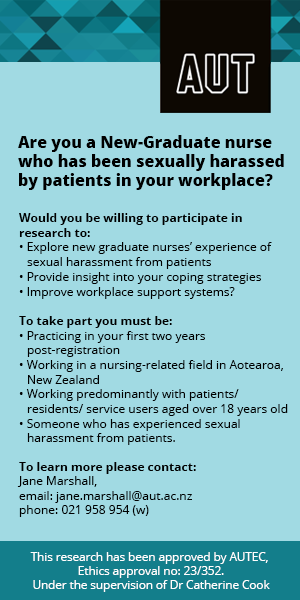Tired of a “dangerous and unsafe” environment in the Wairarapa Hospital emergency department, new NZNO board member Lucy McLaren quit in September to work in a local primary health practice.
“ED has become so dangerous and unsafe that I personally needed to move out,” she said. “It’s really scary – the sheer volume of what’s coming through, you cannot safely do your job as there is just too much to do,” said McLaren, who wrote about her experiences in Kaitiaki in July.
‘Fell’ into nursing
Born into a family of health professionals, McLaren started nursing more than 30 years ago. “My mum was a nurse and my dad was a doctor, so I just fell into it,” she told Kaitiaki. “But when I began, it all made sense.”
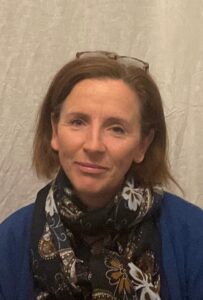
Starting out in primary health before a stint in the United Kingdom in emergency and gynaecology, McLaren returned to primary health then intensive care in Wellington. Later, moving to the Wairarapa, McLaren took up an office role at the district health board, managing policies and professional development and recognition programme (PDRP) planning – “all the organisational stuff that goes on behind the scenes to keep nursing going at the frontline”.
But she missed patient care and after eight years became an associate charge nurse in the ED before qualifying as a nurse practitioner (NP) — a move greeted with “caution” by some.
“Certainly my medical colleagues were very wary at the start. They weren’t really sure how the role would work – how my responsibility would sit with their practice — so they felt a bit cautious.”
But after an experienced NP joined and supported McLaren, over five years those tensions “turned around”, with medical and nursing staff working as a team.
“I think nurses want to help people, or be with people and doing stuff, and that’s just part of who I am, and they are.”
McLaren said she was “sad and worried” for the colleagues she was leaving behind, who were doing “phenomenal” work in an unsafe environment.
But she feared nothing would change in the near future. “I can see for the next couple of years, Te Whatu Ora is going to be focused on getting primary health up and running and I want to be part of that work,” she said.
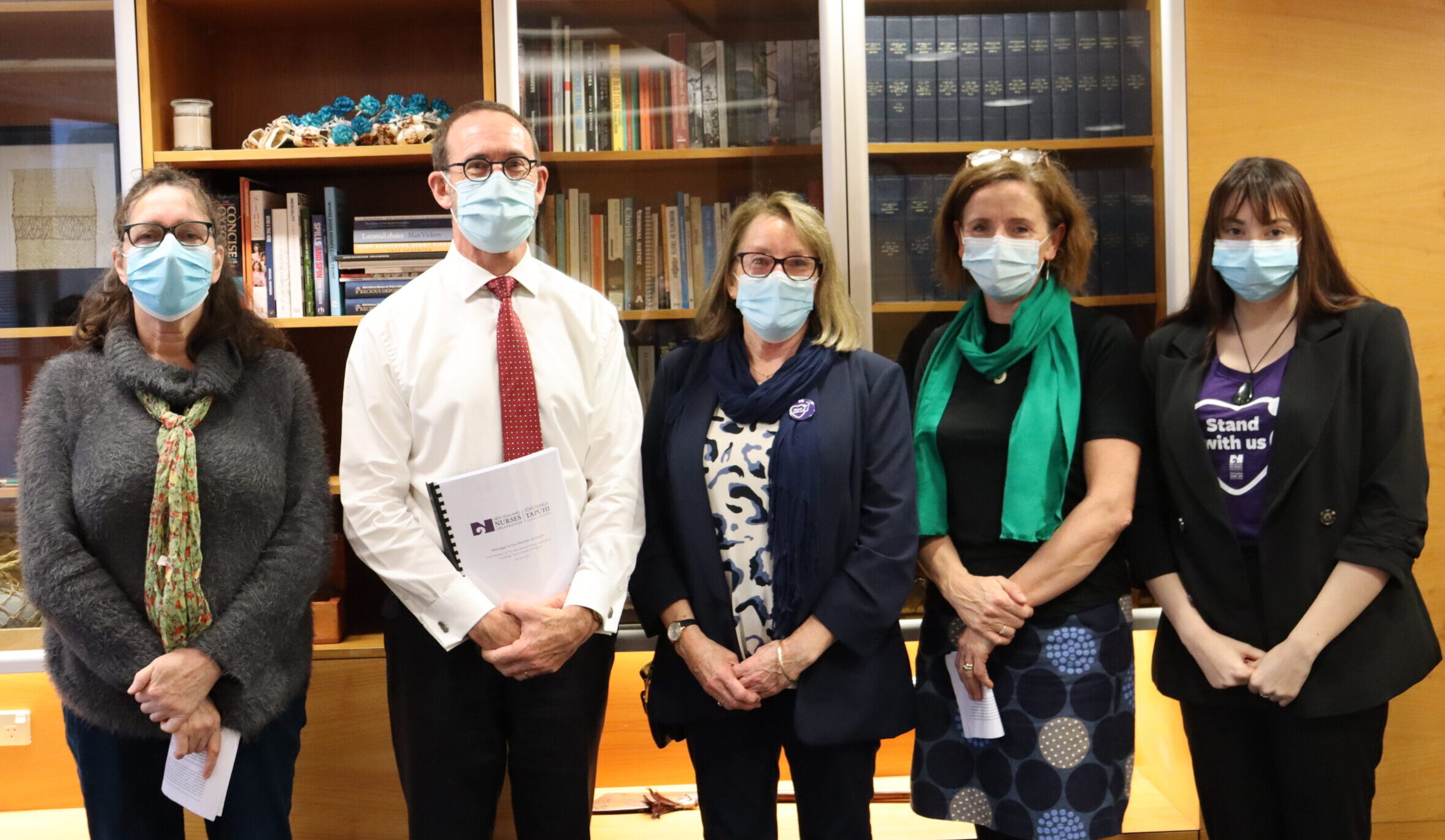
“I don’t see any focus on really sorting out the hospitals and it’s such a hard environment. They’re going to be facing short-staffing issues for some time to come and I just needed to step out of that.”
Why run for board?
McLaren decided to run for the board after seeing a “really exciting” start from new chief executive Paul Goulter on the pay equity issue. “I thought that looks like a really good place to put my hand up and do some work as well.”
“And that’s not fair – why should we rural farming-based districts not have access to the same as what the city folks do?”
An NZNO delegate herself for the past three years, McLaren is keen to see delegates, members and the organisation work more closely together. She’d also like to see more support for delegates to be effective in their role, including talking to media, with a focus on “really professional” language. “Nurses are professionals and if we are professional in our approach and have the patient at the forefront, there is so little they can pull us down on.”
She was also concerned about health-care inequities faced by rural communities: “The difference in what can be done for patients here compared to Wellington is startling.” For example, there were no dermatology services available in the Wairarapa region. “And that’s not fair – why should we rural farming-based districts not have access to the same as what the city folks do?”
Challenges
McLaren said the biggest challenge facing nurses right now was to “rise up and be part of what needs to be done while being worked to the bone.
“We’re just so tired, it’s really hard to keep motivated to fight for the right things, to have the energy to go to meetings and respond to emails . . . when you just want to go home and forget about work.”
She lives on a Wairarapa lifestyle block with her husband, four children and horses. When not working, much of the time she is “tied up with kids’ hockey”.
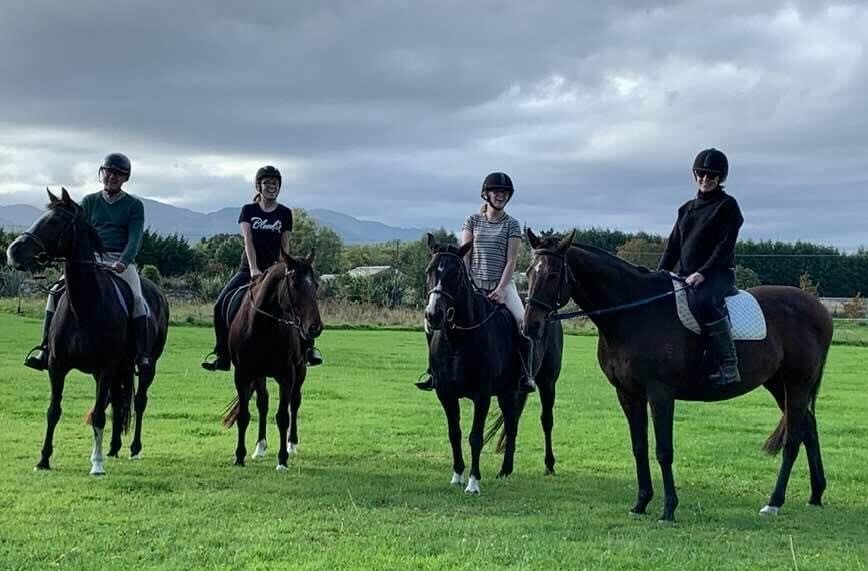
And despite seeing close up the challenges facing nurses, two daughters are taking up the profession — one in her second year (“she is just loving it”) and another about to start training. “I haven’t managed to put them off!” McLaren says. “I think nurses want to help people, or be with people and doing stuff, and that’s just part of who I am, and they are.”


